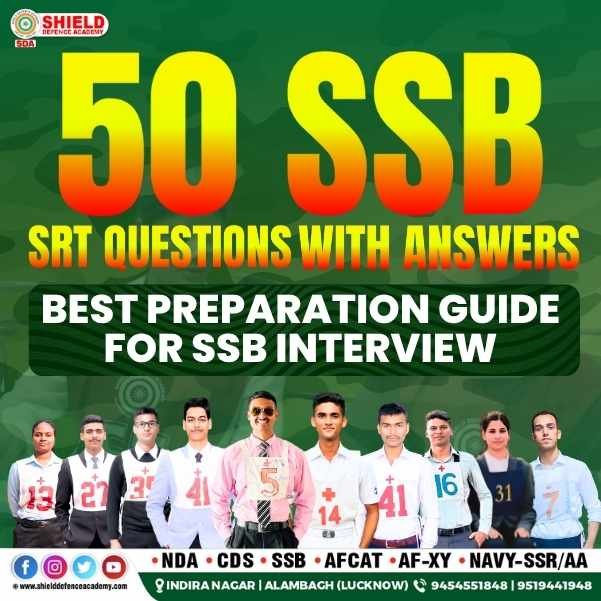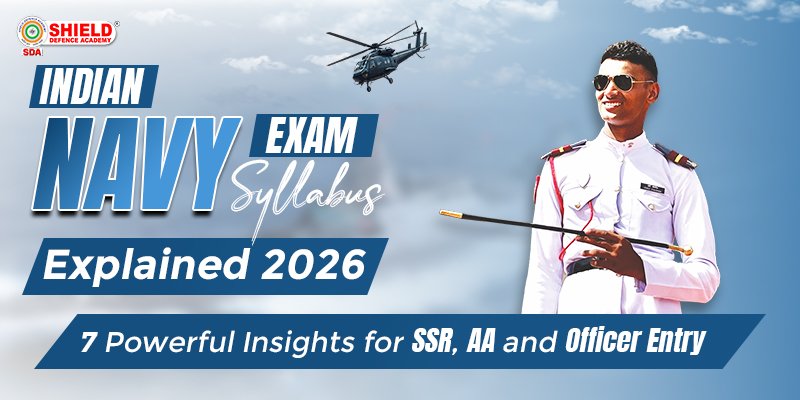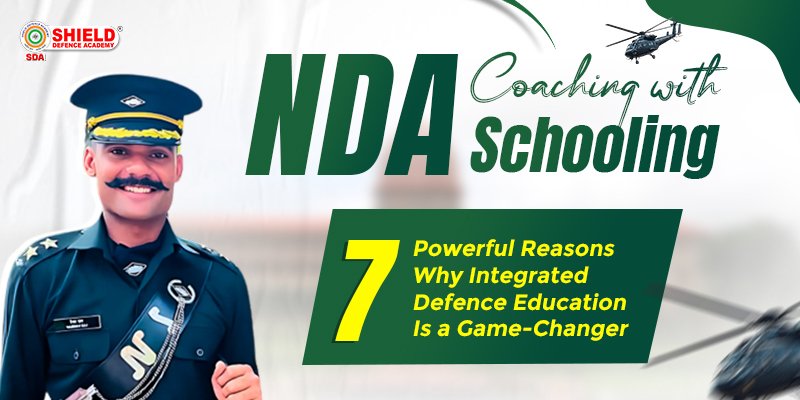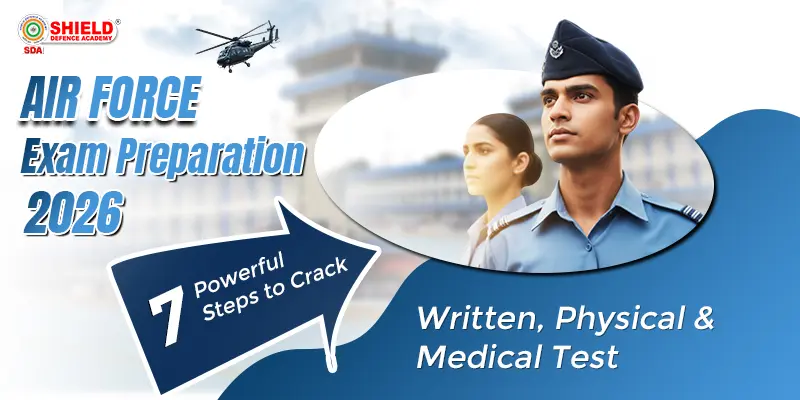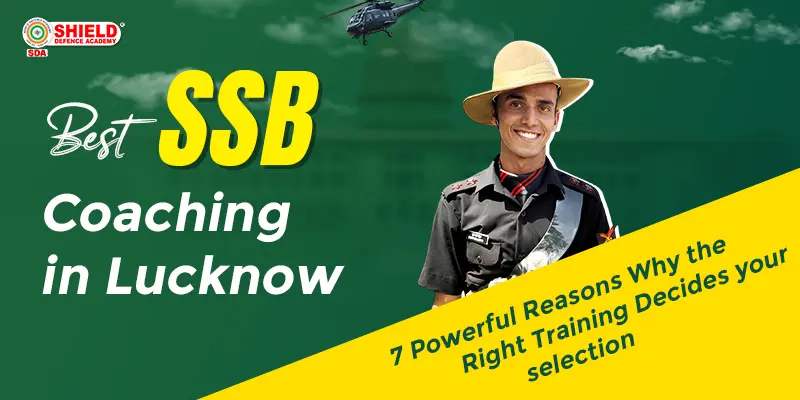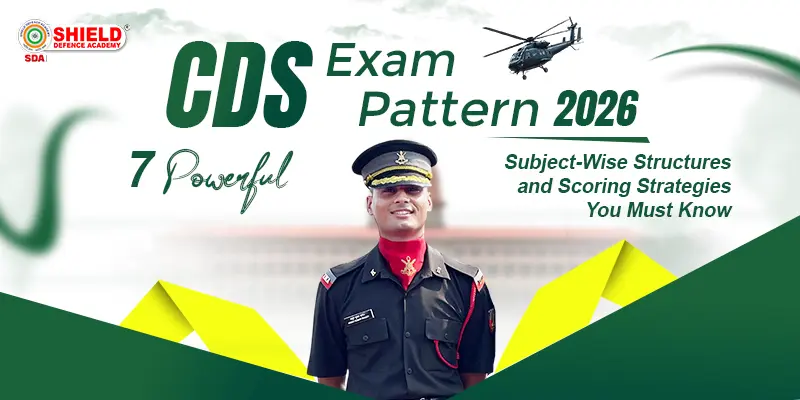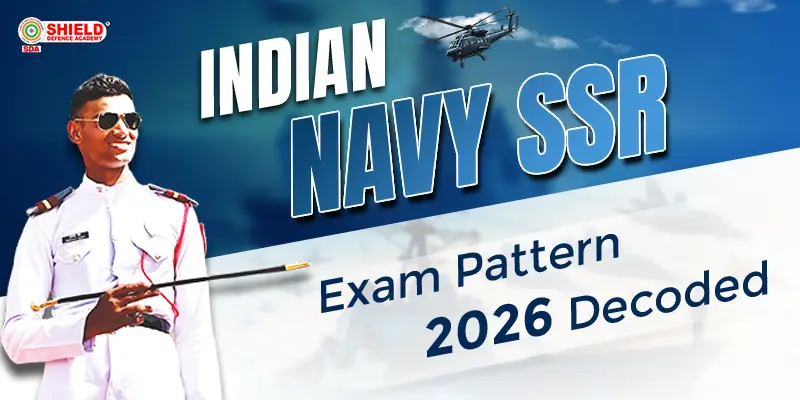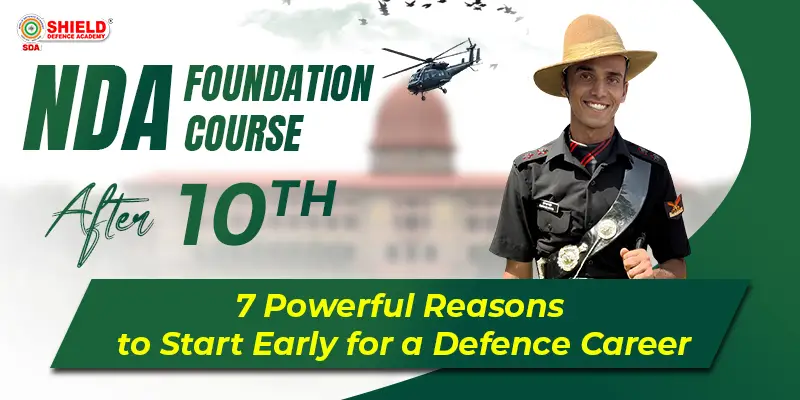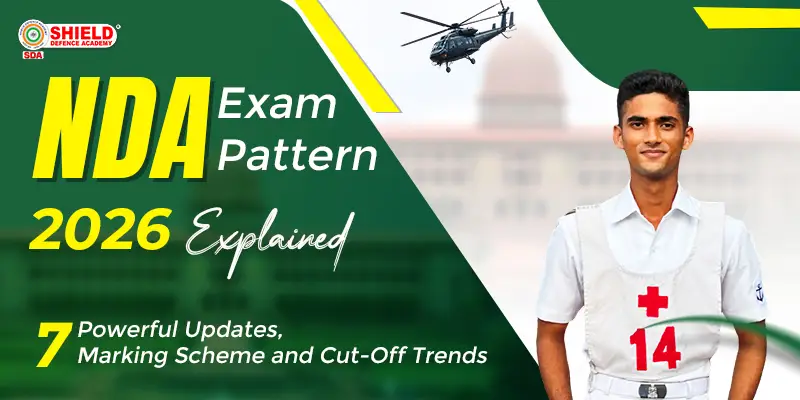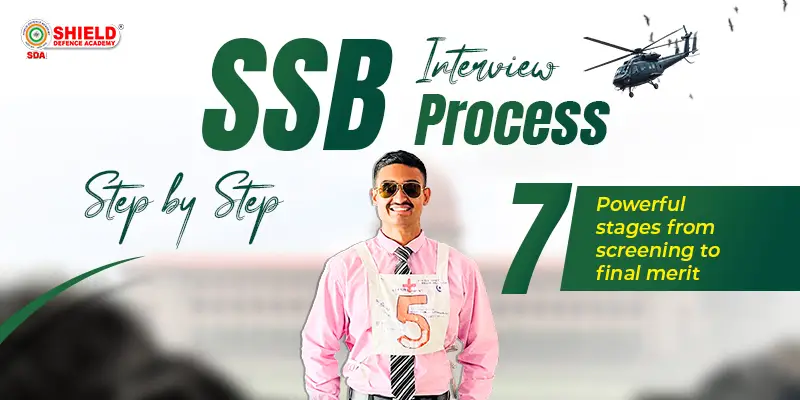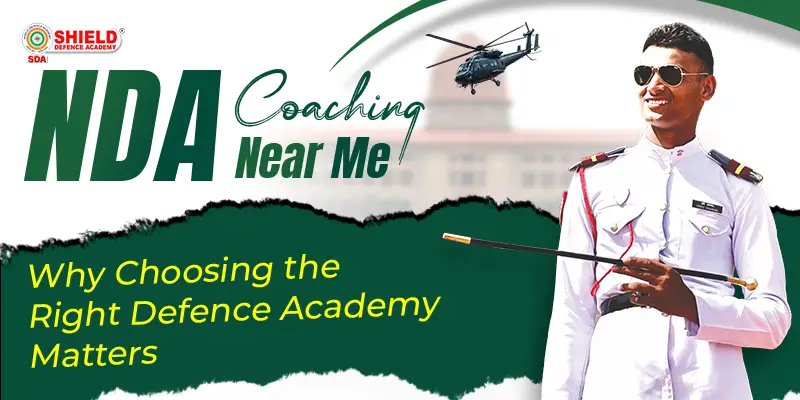50 SSB SRT Questions with Answers Best Preparation Guide for SSB Interview
Struggling to crack the SSB interview? You’re not alone. One of the trickiest parts of the process is the Situation Reaction Test (SRT). This test evaluates your decision-making, presence of mind, and personality traits — all within a few seconds! That’s why mastering 50 SSB SRT Questions with Answers is your golden ticket to success.
Let’s dive into this complete, step-by-step guide crafted by Shield Defence Academy, designed to help you ace your SSB interview with confidence and clarity.

What is the SSB Interview?
The Services Selection Board (SSB) interview is a multi-stage process designed to assess the suitability of candidates for joining the Indian Armed Forces as officers. It includes psychological tests, group tasks, personal interviews, and physical assessments.
Understanding the SRT (Situation Reaction Test)
The SRT is part of the psychological testing series in the SSB interview. You’re given a set of situations, usually around 60, and you’re expected to write immediate, practical reactions to them — all within 30 minutes.
Importance of SRT in the SSB Interview
SRT is crucial because:
-
It reflects your mental agility and moral strength.
-
It shows how you respond under pressure.
-
It gives assessors insight into your real personality.
-
It helps in gauging your officer-like qualities (OLQs).
Who Conducts the SSB Interview?
The SSB Interview is conducted by the Indian Army, Navy, and Air Force, and includes psychologists, Group Testing Officers (GTOs), and Interviewing Officers (IOs). Their combined evaluation determines if you’re fit to serve.
Eligibility for SSB Interview
You’re eligible for the SSB interview if you:
-
Cleared the NDA, CDS, AFCAT, or other armed forces exams.
-
Are within the age bracket set for that entry.
-
Are medically and physically fit.
-
Hold the required educational qualifications.
Role of Shield Defence Academy in SSB Preparation
Shield Defence Academy in Lucknow has earned a reputation for producing top-notch SSB candidates. Their SSB coaching program includes:
-
Daily mock SRT practice
-
Expert psychological guidance
-
Customized feedback
-
Group discussion and personal interview coaching
They emphasize practicing real-time 50 SSB SRT Questions with Answers to build clarity and confidence.
Why Practice SRT for SSB?
Because there’s no time to think during the test. The SRT is like mental rapid fire — boom, boom, boom — you must respond instinctively yet responsibly. Practicing 50 SSB SRT Questions with Answers helps you:
-
Train your brain to react quickly.
-
Boost logical and ethical decision-making.
-
Avoid blanking out under pressure.
Tips to Master SRT Test
-
Always think from the “officer” mindset.
-
Stay positive and solution-oriented.
-
Don’t try to bluff. Be genuine and logical.
-
Keep your responses short, clear, and practical.
Golden Rules for Answering SRTs
-
Stick to the point. Don’t over-explain.
-
Show leadership without sounding arrogant.
-
Avoid violent or negative reactions.
-
Always prioritize teamwork, safety, and responsibility.
How to Stay Calm During the SRT Round
-
Take a few deep breaths before you begin.
-
Don’t panic if you can’t answer all 60.
-
Focus on quality, not quantity.
-
Imagine real-life scenarios as you respond.
50 SSB SRT Questions with Answers
Here’s the main course — a list of 50 SSB SRT Questions with Answers handpicked by experts from Shield Defence Academy. Practice these to perfection.
Question 1-10
-
He saw a snake entering the classroom…
He calmly alerted others and informed the authorities. -
His friend started a fight in public…
He separated them and advised peacefully walking away. -
He lost his wallet in a market…
He retraced his steps and reported it to local police. -
There was a fire in a nearby building…
He called the fire brigade and helped evacuate people. -
He saw someone drowning…
He rushed for help, threw a rope, and called others. -
His bus met with an accident…
He checked on co-passengers and informed emergency services. -
He witnessed a robbery…
He noted details and informed the police immediately. -
He saw a child lost in the fair…
He comforted the child and took him to the announcer. -
His exam paper was missing…
He informed the invigilator without panic. -
His team was losing morale…
He motivated them with strategy and led by example.
Question 11–20
-
His teammate refused to follow orders during a task…
He explained the importance of discipline and calmly convinced him. -
He forgot his admit card at home before an exam…
He rushed back quickly or arranged a digital copy if possible. -
His bike broke down in a remote area…
He pushed it to a safe place and called for help. -
He was short of money to pay fees…
He approached friends or family and requested help respectfully. -
His superior blamed him for something he didn’t do…
He clarified the facts respectfully with evidence. -
His team members were arguing during a group task…
He calmed them down and redirected focus on the task. -
He saw a senior citizen fall down on the road…
He helped them up and offered medical attention if needed. -
He had to choose between his duty and family function…
He chose duty, ensuring responsibility came first. -
He was wrongly accused in school…
He explained the truth politely and accepted any fair decision. -
His best friend failed an important exam…
He encouraged him to stay strong and prepare better next time.
Question 21–30
-
He was in charge of a group project and time was running out…
He distributed tasks wisely and stayed late to finish the project. -
His train ticket was lost during the journey…
He informed the TTE and cooperated calmly. -
He saw a drunk man creating chaos…
He kept distance and called security or police. -
He found a mobile phone on the road…
He picked it up and submitted it to the nearest police station. -
He missed his SSB interview train…
He contacted the center, arranged alternative transport, and apologized. -
His juniors were not taking training seriously…
He talked to them, explained the importance, and motivated them. -
He had a fight with a friend just before the interview…
He kept calm, focused on the interview, and resolved it later. -
He forgot an important topic during the presentation…
He stayed composed, covered other topics, and revisited it smoothly. -
He saw someone cheating in an exam…
He reported it silently to the invigilator. -
He had a leg injury before the physical test…
He informed the medical team and requested postponement.
Question 31–40
-
His name was not on the attendance list…
He reported it to the coordinator and showed his ID for verification. -
He was given wrong directions in an unknown city…
He asked another local and used navigation tools to reach safely. -
He found a suspicious bag in a public area…
He immediately alerted authorities without touching it. -
He was offered a bribe to manipulate a decision…
He firmly rejected and reported the incident. -
A classmate started crying before results were declared…
He consoled them and encouraged positive thinking. -
He was locked inside a room by mistake…
He called for help calmly and waited patiently. -
A junior was bullied in front of him…
He intervened, protected the junior, and reported the bully. -
He accidentally damaged public property…
He took responsibility and reported the damage. -
He forgot the map during a navigation task…
He followed terrain clues and kept the team calm. -
He faced a power cut during an online exam…
He documented the issue, informed the authorities, and resumed when possible.
Question 41–50
-
He was asked to lead a team with senior members…
He took feedback from seniors, coordinated efficiently, and led humbly. -
He got lost during a night trek…
He stayed put, used torch signals, and waited for help. -
He got injured during a football match…
He asked for substitution, got first aid, and supported his team. -
He had to address a crowd suddenly…
He stayed confident, took a deep breath, and delivered calmly. -
He witnessed a friend smoking secretly…
He advised him about the consequences and urged to stop. -
His parents were against his career choice…
He explained his goals patiently and sought their support. -
He saw someone throwing trash in public…
He requested them not to, and picked it up himself. -
His teammate was lying to the instructor…
He advised honesty and set the record straight calmly. -
He was late for a conference…
He informed in advance and apologized upon arrival. -
He saw someone cutting in a long queue…
He politely pointed it out and restored order.
With these 50 SSB SRT Questions with Answers, you now have a solid foundation to tackle any psychological scenario at the SSB.
Common Mistakes to Avoid in SRT
-
Writing overly dramatic responses
-
Taking aggressive or selfish actions
-
Giving vague or unrealistic answers
-
Copying from others instead of being authentic
Expert Insights from Shield Defence Academy
According to top mentors at Shield Defence Academy, candidates who regularly practice realistic scenarios like the 50 SSB SRT Questions with Answers perform significantly better. The key is being natural, honest, and rational under pressure — all things that Shield’s mock SRT drills help you master.
How to Improve with Regular Practice
-
Write 10 SRTs daily.
-
Review and refine your responses.
-
Record yourself speaking them out loud.
-
Join group practice sessions at your coaching institute.
Final Thoughts
Preparing for the SSB interview is not just about physical fitness or general knowledge — it’s about mental sharpness, calmness under pressure, and quick decision-making. Practicing these 50 SSB SRT Questions with Answers will give you the clarity and confidence to impress the assessors.
Conclusion
Mastering the SRT segment of the SSB interview is all about practice, presence of mind, and personality. The more you work on these 50 SSB SRT Questions with Answers, the more natural your responses become. With the expert guidance of Shield Defence Academy, your chances of selection rise significantly.
Train your mind, stay consistent, and believe in yourself — because that’s what officers do!
